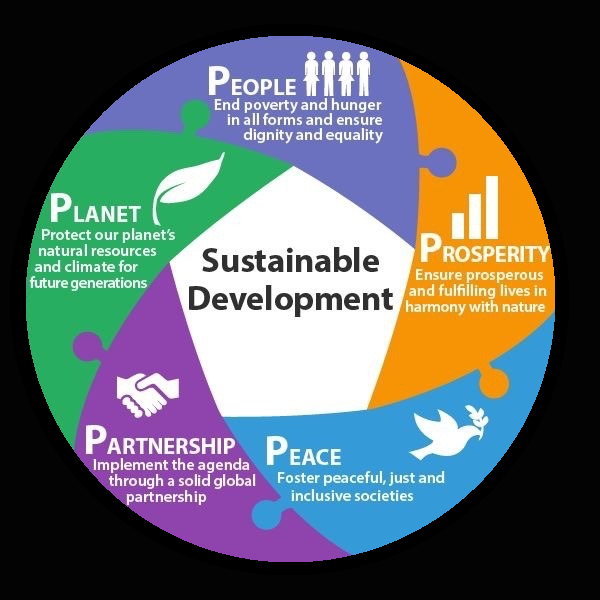We face no shortage of complex problems today, and my work as an activist and in corporate sales has brought me in direct contact with many of them. Having worked in environmental compliance, corporate sustainability and environmental site remediation I’ve seen firsthand how consumer, commercial and industrial activity impacts lives. I’ve been on the other side, working with community groups to reduce landfill waste, save ecologically sensitive lands, educating about climate change, promoting sustainable infrastructure and supporting Indigenous rights to self-determination and their traditional lands.
One thing that has become clear to me is that whether you’re a CSO in a Fortune 100 firm or a single parent just trying to get by, we are all motivated by our care for each other and this amazing world we call home.

Slow to Change…
Another thing that has become clear to me is that there are huge disparities in wealth, access to resources and power when it comes to having any effect on the systems that govern our lives. Working with some of the largest corporations on the globe has laid out for me the massive disparities in wealth, resources and influence that exist. However, on all sides, people are just people. Sure, some a cynical, but many truly believe, whether they work for a small NGO or a large corporation, that their work can make the world a better place. But our individual abilities to make change are vastly different, with most of the power arguably resting in the hands of corporations.
Many people are skeptical of corporate sustainability efforts, and with good reason. It has been nearly 50 years since the 1972 United Nations Conference on the Human Environment and the Stockholm Declaration put an international focus on environmental issues, the need for collective action and set up UNEP (UN Environment Programme). And yet the oceans are still filling with trash, we are losing species at an alarming rate, and CO2 rates continue to climb. One of the seminal points of the Stockholm Declaration is a recognition that poverty alleviation is the key to protecting the environment, however global poverty rates remain relatively flat whilst per capita GDP steadily rises.
Why focus on The UN SDG’s?
I’ve suffered from cynicism about working in corporate sustainability, and in community activism as well. All too often efforts feel like shouting into the wind. The question of how we have true environmental social impact has yet to be answered, but one thing is for sure, collective, disruptive action is required. The term “Disruptive” has become cliché, but the fact is, the systems set up by UNEP (The Bruntland Commission), The Rio Summit (UN Millennium Goals), and Rio +20 (UN SDG’s) are not working. Why? Because they are basing action on a system of perpetual growth within a finite biosphere, and using the highly limited indicator of GDP to measure progress.
So, why focus on The SDG’s? Because they are, (if even aspirationally) a comprehensive and integrated framework that recognizes all parts are dependent upon each other. Much like we are. All 17 SDG targets fall under one of five interconnected categories. People. Planet. Prosperity. Peace. Partnerships. Each one depends on the other four to succeed. Not only is the the model we need for today, but it is the only framework of it’s kind that is broadly accepted by corporations and nation-states alike. It may not be ideal, but it’s an excellent place to start.
Achieving True Environmental Social Impact
So here’s the deal. At least for now, I’m just one person so my ability to affect change is limited. But with your patronage, it doesn’t have to be. I am starting this organization because I truly believe the only way forward is if corporations, governments and people start working together. I want to make that happen in meaningful ways. I’ve worked with corporations that easily spend ten thousand dollars on a marketing blitz, and I’ve worked with NGO’s who could do great things with a fraction of that money. I want to put money and resources on the front line – giving small groups with big ideas the power to make change.
So here’s my pledge:
- I will put 30% of every dollar of profit earned into an endowment dedicated to helping grassroots organizations who are doing great, disruptive things to help move the aspirational goals of the 5P’s forward;
- Once the endowment is sufficiently funded, I will administer the funds towards low-barrier grants for community organizations and NGO’s that need them most and offer the greatest impact;
- I will set up systems in place to assure these grants and activities are firewalled against any specific commercial interest. It is key that organizations operate freely and unfettered from any outside influence, notwithstanding a pre-agreed code of conduct.
Working with us, you know your organization is contributing to real, grassroots environmental and social change. Future plans include setting up a dedicated not-for-profit dedicated to promoting and resourcing grassroots environmental social impact NGO’s and community organizations.
